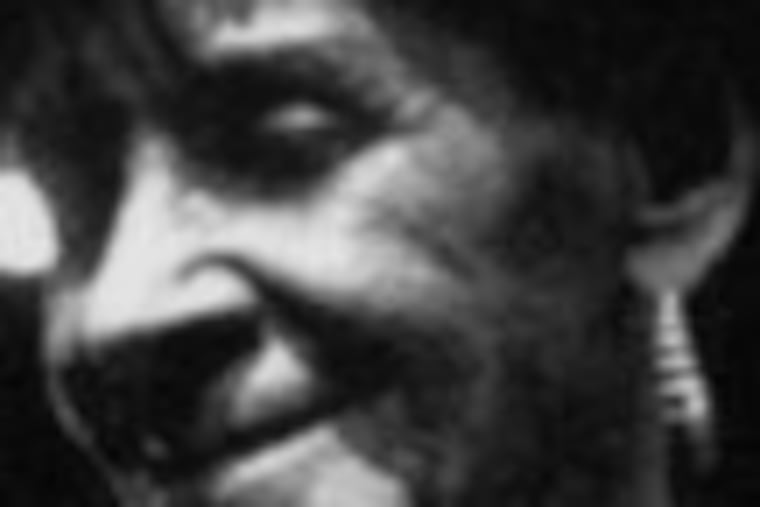Ex-dancer Hortense Allen Jordan dies at 88
Hortense Allen Jordan, 88, a dancer, choreographer, producer and costume designer in East Coast clubs and theaters for more than five decades, died March 15 of heart failure at Golden Living in Germantown. She was a longtime resident of North Philadelphia.

Hortense Allen Jordan, 88, a dancer, choreographer, producer and costume designer in East Coast clubs and theaters for more than five decades, died March 15 of heart failure at Golden Living in Germantown. She was a longtime resident of North Philadelphia.
LaVaughn Robinson, Philadelphia's master tap dancer, who died in January, often spoke of being transfixed by Mrs. Jordan when the curtains opened at the Earl Theatre in the late 1950s. She was dancing atop a drum. "She looked like a giant," he said. And a giant of the stage she was.
Mrs. Jordan's imposing figure was often at the head of chorus lines at the Paramount on Broadway, the Apollo Theater, Club Harlem in Atlantic City, and the Robin Hood Dell in Fairmount Park.
Mrs. Jordan produced shows that headlined boxing champion (and tap dancer) Sugar Ray Robinson, bandleader Louis Jordan, and singer James Brown.
Undeterred by the refusal of many costume houses to rent to black companies, she designed and sewed dazzling costumes that graced her shows, which she choreographed.
Raised in East St. Louis, Ill., Mrs. Jordan, the eighth of 13 children, dreamed of being a doctor. With no money for college, she began dancing professionally at 14 before graduating from high school.
She formed her own chorus line by the time she was 20 and performed in Midwestern clubs and theaters to rave reviews before coming east in 1954.
In 1955, she married Theodore Jordan, a Philadelphia detective and later commissioner of the city's Recreation Department. They bought five homes in North Philadelphia and ran Jordan's Personal Care boarding homes for the handicapped and infirm. Theodore Jordan died in 1994.
"My grandmother loved to take care of people. She and her boarding-house staff fed and clothed her tenants and made sure they took their medicine and had rides to the doctor," Candice Lee said. "When she was not traveling, she also had dinner on the table for her grandchildren every day at 4 p.m. - and she continued to dance and make costumes."
In 1994, Mrs. Jordan was artistic director for Stepping in Time, a music and dance revue of African American performers produced by the Philadelphia Folklore Project. She is one of four African American women whose dancing careers are featured in the video documentary Plenty of Good Women Dancers, which has been shown on public television and screened at the Black Lily Festival.
"For six decades, Hortense Allen Jordan was seldom given credit. Her achievements were known largely as word of mouth among contemporaries," said Germaine Ingram, LaVaughn Robinson's tap partner, associate director of the Philadelphia Folklore Project, and coproducer of Plenty.
Mrs. Jordan was paid a pittance in 1947 for dancing with Billy Eckstine and his orchestra in the movie Rhythm in a Riff.
"Miraculously, we found a video of her performance and showed it to her," Ingram said. "Looking at Rhythm in a Riff 50 years later was the first time she ever saw herself dance."
In addition to her granddaughter, Mrs. Jordan is survived by a son, Philip Allen, and four other grandchildren. Son Dewey Allen died in 1975, and son Theodore Jordan Sr. died in 1998.
Friends may visit at 9 a.m. tomorrow at Our Lady of Hope Roman Catholic Church, 19th and Tioga Streets. A Funeral Mass will follow at 10. Burial will be in Ivy Hill Cemetery.